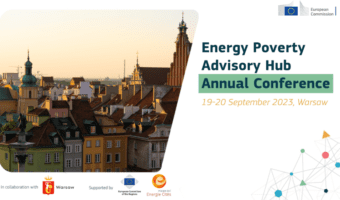The event is organised annually by the Center for Energy Poverty Advisory (EPAH) and the Directorate-General for Energy (DG ENER) of the European Commission, with the support of the Committee of the Regions. This year’s edition co-organisers were the City of Warsaw and the Polish Network Energy-Cités (PNEC).
During the conference, we participated in two sessions: “Financing Renovations Where They Are Most Needed: Investment Plans for Renovations” and “From Social Climate Fund to Social Climate Justice: Uniting Ambitious Climate and Social Policy Goals.” We presented the results of research conducted as part of the projects: (1) “Distributional Effects of Emissions Taxation in Central and Eastern Europe” and (2) “Energy Poverty among Women in Poland.” In both sessions, we also conducted workshops for conference participants, including one on residential building renovation strategies as part of the ongoing CARE project, mentioned by the Mayor of Warsaw in the opening speech.
In the session dedicated to financing building renovations, moderated by Anna Bajomi from FEANTSA, Jakub Sokołowski highlighted the challenges associated with the need for housing renovations in Poland, as documented in the publication Energy Poverty and Unfit Housing in Poland. He emphasised the scale of investments required to improve the energy efficiency of housing stock and the issue of energy poverty in multi-family buildings. Jakub noted that funds are currently available for investments. Still, there is a lack of a system to identify priority intervention areas and a clear signal on prioritising renovations.
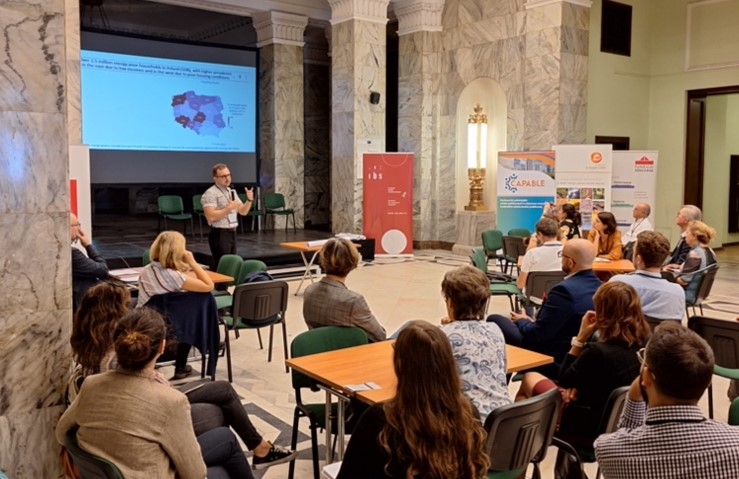
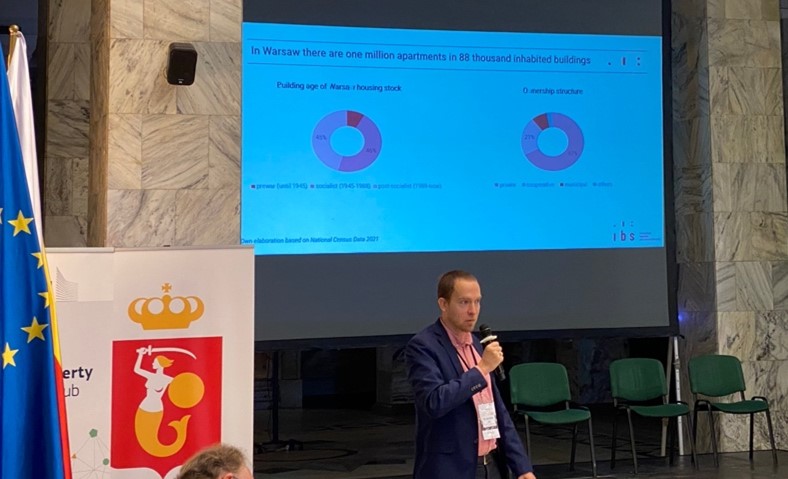
Transformation at EPAH Conference
In the panel discussion, Jan Frankowski highlighted the distribution pathways of the Clean Air Program and the need for its further development while maintaining complementarity with other support programs, such as the Just Transition Fund. Jan Nill from the European Commission and Zsuzsanna Koritár from Habitat for Humanity Hungary also commented on the consequences of ETS-2 decisions and the energy efficiency directive for EU member states.
During the workshop, we discussed the diversity of priorities decision-makers may consider when planning housing investments. Implementing various sets of criteria can lead to different decisions regarding the schedule and scope of investments. The workshops sparked exciting discussions and the exchange of experiences among participants.
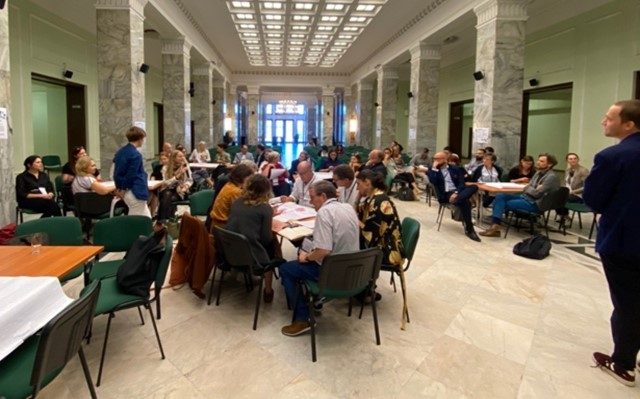
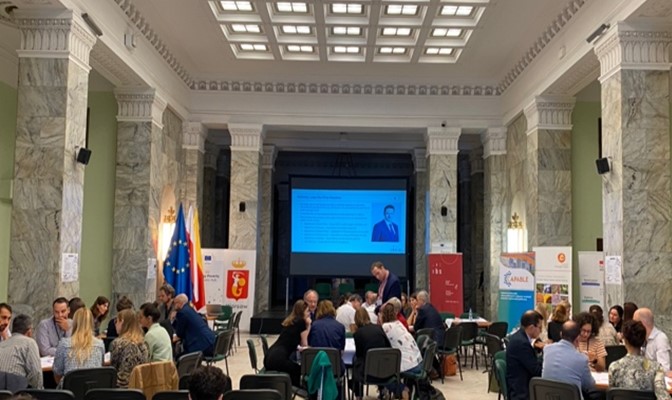
IBS on the fight against energy poverty
We also co-organized the session on the Social Climate Fund together with Habitat for Humanity Poland, Stocznia Foundation, and the National Energy Conservation Agency. The session began with the presentation of instruments that can be used to reduce energy poverty. In his speech, Jakub Sokołowski outlined various possibilities for redistributing funds from emissions taxation based on IBS Working Paper results and emphasised that the choice of measures would depend on the priority criteria set by policymakers. The questions raised during the presentation served as a basis for further discussion within the session.
In the panel moderated by Joanna Mazurkiewicz, we discussed the specific challenges of energy poverty in Central and Eastern European countries, actions taken to reduce its scale in Poland, and opportunities to increase stakeholder engagement in energy transition.
Experts, including Gyorgy Sumeghy from Habitat for Humanity International, Dariusz Stankiewicz from the Silesian Voivodeship Marshal’s Office, and Marcin Jamiołkowski from the National Fund for Environmental Protection and Water Management, contributed to the discussion.
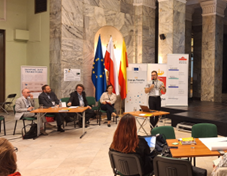
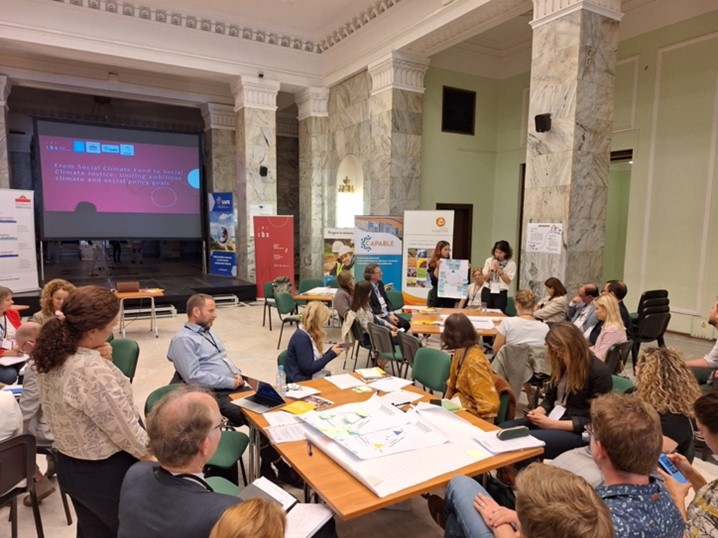
Subsequently, together with workshop participants, we explored how solutions such as direct transfers and investment support for households should be designed to reduce energy poverty and support household energy transition effectively. We also discussed strengthening citizen participation in programming solutions to address energy poverty.
The meeting provided an excellent opportunity to discuss the challenges of energy poverty with decision-makers in the European Commission, local government practitioners from the EU countries, and NGOs working with individuals in poverty crises. The meeting also featured valuable presentations on identifying and measuring this issue.
